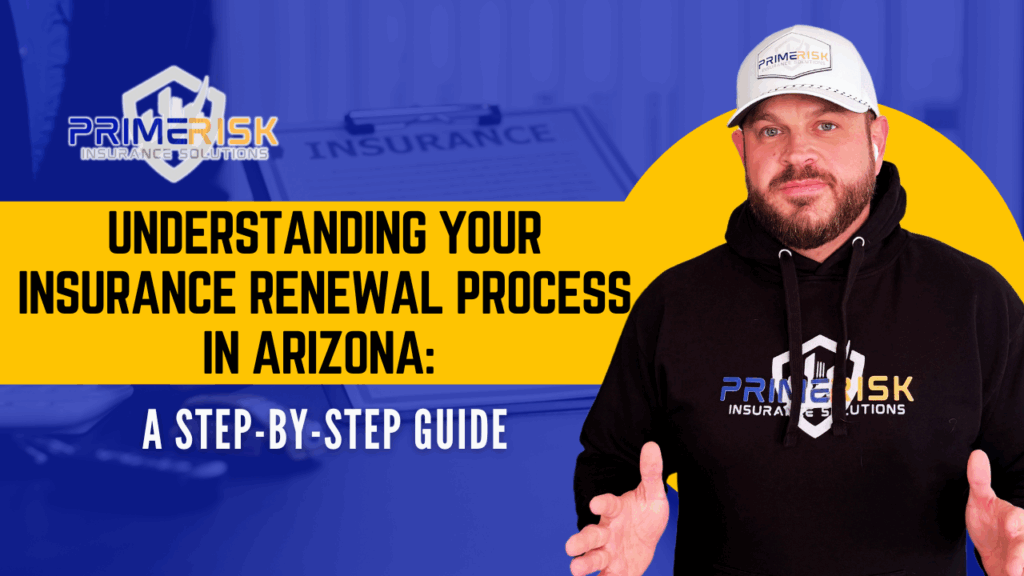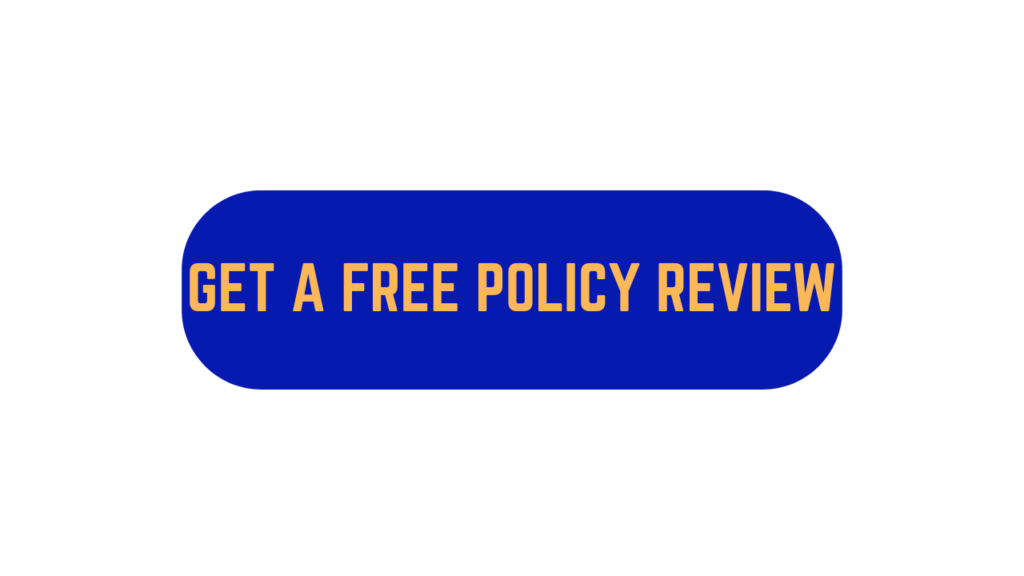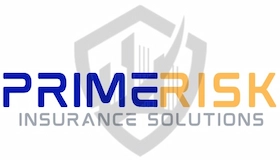
Are you unsure what steps to take when your insurance policy is up for renewal in Arizona?
Worried about missing deadlines, facing unexpected rate hikes, or getting dropped by your insurer altogether?
In this guide, you’ll learn exactly how to handle your insurance renewal process in Arizona—whether you’re a homeowner, driver, business owner, or licensed insurance agent. You’ll discover how to review renewal notices, compare policy options, avoid common pitfalls, and stay compliant with Arizona’s unique regulations.
Here’s what you’ll find in this guide:
- A step-by-step process for Arizona consumers renewing home, auto, flood, health, or business insurance
- Legal and timing requirements specific to Arizona
- Advanced strategies to reduce risk and handle nonrenewals
- Agent-specific license renewal rules
- Real-world renewal challenges—and how to solve them
Step-by-Step: How to Renew Your Insurance Policy in Arizona
1. Watch for Renewal Notices Early
Most insurers send renewal notices 30–60 days before your policy expires. By law, you’re entitled to at least 45 days’ notice if your insurer decides not to renew.
Action Step: Mark your renewal date on your calendar and regularly check your mail and email for notifications.
2. Review Your Policy Carefully
Don’t just pay your premium—read your renewal documents. Look for:
- Changes in premium amounts
- Deductible and coverage adjustments
- New exclusions or added coverages
- Discounts or surcharges based on recent claims or credit checks
Tip: Life changes—like renovations, purchasing valuables, or changes in household/business size—may require a policy update.
3. Compare Your Options
Arizona law allows you to shop for a new provider at each renewal. Don’t assume your current insurer offers the best value.
Action Step: Request quotes from at least three carriers and use those to negotiate with your current provider if rates rise.

4. Consult with Your Insurance Agent
A licensed Arizona agent can:
- Explain unclear policy changes or rate increases
- Help adjust coverages or add endorsements
- Submit updated information like new vehicles, renovations, or business changes
5. Confirm Details & Make Payment
Verify that all personal and policy details are accurate before paying.
Warning: Missing your payment can result in immediate cancellation and a lapse in coverage.
6. Save and Organize All Documents
Keep both digital and paper copies of:
- Your new declarations page
- Full policy documents
These are essential for filing claims or proving coverage.
Arizona Insurance Renewal Rules: What You Need to Know
| Policy Type | Nonrenewal Notice | Cancellation Notice | Grace Period | Renewal Frequency |
|---|---|---|---|---|
| Homeowners | 45 days | 5–30 days | Usually 30 days for fixable issues | Annually |
| Auto | 45 days | Immediate if unpaid | Lapse can suspend registration | Annually |
| Flood (NFIP) | 30 days | Immediate | None | Annually |
| Health | Varies | Varies | Must re-enroll yearly | Annually |
| Business/Commercial | 60–90 days | Varies | Varies | Annually or multi-year |
Note: Arizona insurers must report auto insurance cancellations and nonrenewals to the Department of Transportation, which may suspend your vehicle registration if unresolved.
Smart Renewal Strategies for Arizona Policyholders
Proactively Manage Risk
For homeowners in wildfire zones, consider:
- Fire-resistant landscaping
- Creating defensible space
- Compliance with insurer safety demands
These steps may prevent nonrenewal.
Be Strategic with Claims
Excessive or small claims can lead to:
- Higher premiums
- Policy nonrenewal
Best Practice: Only file claims for major events, not minor repairs.
Act Fast if Dropped by Your Insurer
In wildfire-prone areas, some insurers are exiting the market.
Solution: Work with an Arizona-based agent who can quickly shop multiple carriers for replacement coverage.
Conduct Annual Insurance Checkups
Update your agent on:
- Renovations or property upgrades
- Business or household changes
- New valuables or equipment
For Arizona Insurance Agents: License Renewal Requirements
If you’re a licensed insurance agent in Arizona, here’s what you need to know:
Continuing Education (CE)
- 48 credit hours every 4 years, including 6 in Ethics
- No course repetition during a single renewal period
- No credit carryover to the next period
Renewal Timing & Fees
- Renew up to 90 days before your expiration date
- Due on the last day of your birth month, every 4 years
- $120 renewal fee
- Late renewal (within 1 year): additional $100 penalty
Important: There’s no grace period—if you miss the deadline, your license becomes inactive. After 1 year, you must reapply entirely.
Online Renewal Platforms
- Use NIPR.com or Sircon.com
- CE credits and license status are tracked via the state portal
Real-World Challenges with Insurance Renewals in Arizona
Why Was My Policy Dropped?
Insurers may nonrenew for reasons like:
- Multiple or frequent claims
- Increased risk from wildfires or monsoons
- Significant changes to your property or business
Also: Insurers sometimes exit high-risk markets, forcing you to find a new provider.
What If My Premium Skyrocketed?
Rising premiums aren’t always about you—they may reflect:
- Increased regional risk (e.g., wildfires, floods)
- Rising reinsurance costs
- Industry-wide volatility
Pro Tip: Local agents can help find more competitive coverage options.
Can I Dispute a Nonrenewal?
Yes. Arizona law allows consumers to contest nonrenewals if:
- The decision was based on incorrect information
- There’s suspicion of discriminatory practices
Next Step: Contact the Arizona Department of Insurance to file a complaint or request a review.
Helpful Resources for Arizona Consumers
- Arizona Department of Insurance Consumer Hotline
Get help with complaints, coverage disputes, and legal guidance. - Agent & Broker Network
Work with professionals experienced in navigating Arizona-specific risks. - Community Programs
Join Firewise USA or local wildfire committees for help with risk mitigation and coverage eligibility.
Conclusion
At the end of the day, insurance renewals in Arizona come with unique deadlines, risks, and regulatory expectations. Whether you’re a homeowner, driver, business owner, or insurance agent, taking proactive steps—like reading notices, reviewing coverages, and consulting local experts—can make all the difference in keeping your protection intact.
If you’ve ever faced a sudden rate increase or policy cancellation, you know how stressful it can be. Now that you’ve learned how to navigate Arizona’s renewal process step-by-step, it’s time to apply these strategies—and reach out to a local expert—to protect what matters most.
Your next step: Get a personalized insurance review with an Arizona-based agent who understands the local landscape and can help you avoid gaps in coverage.

